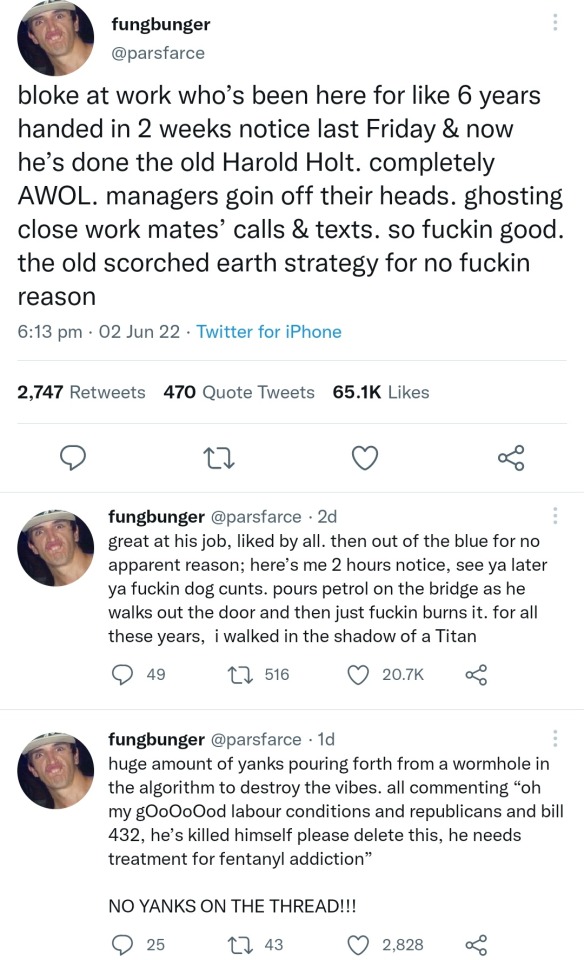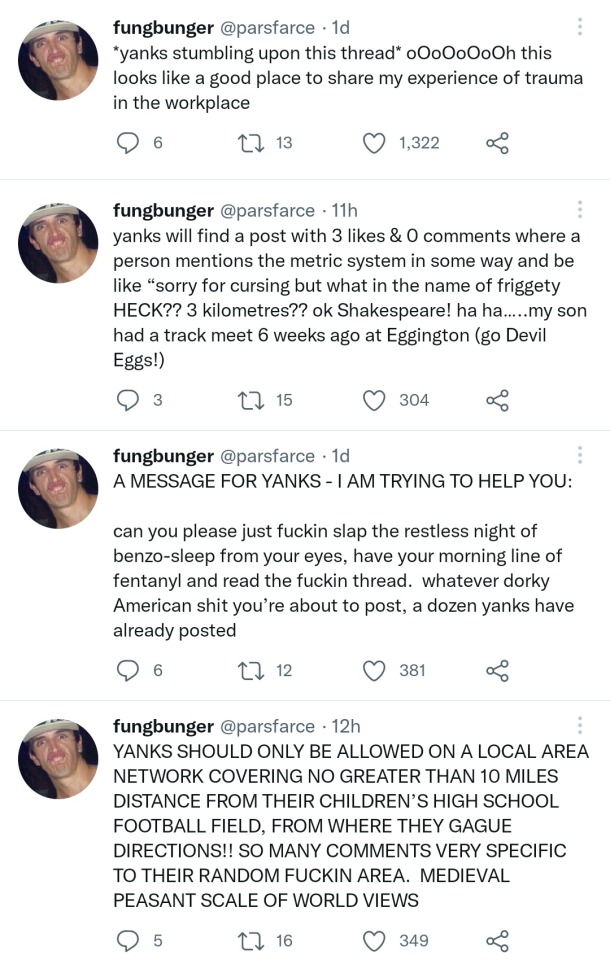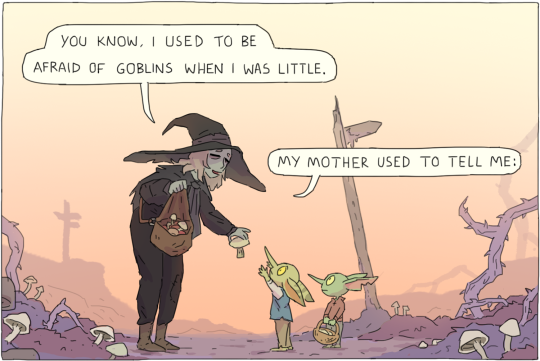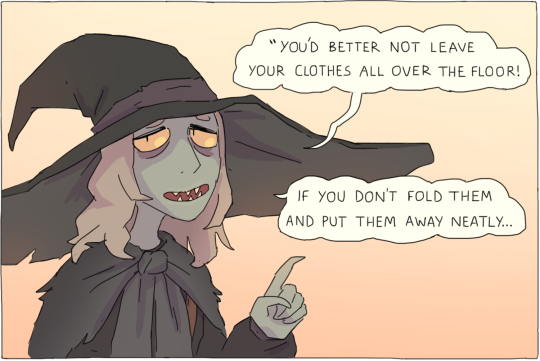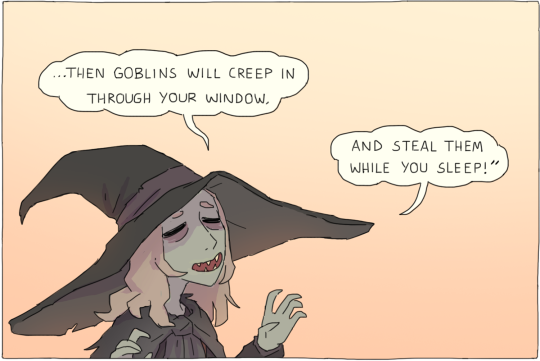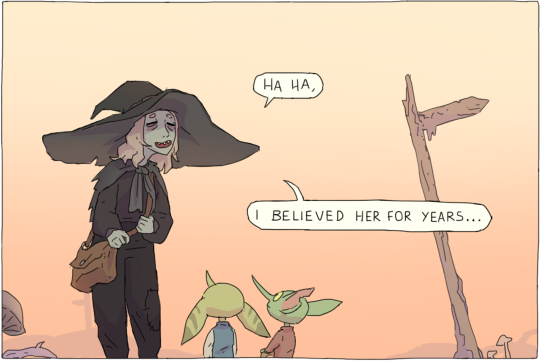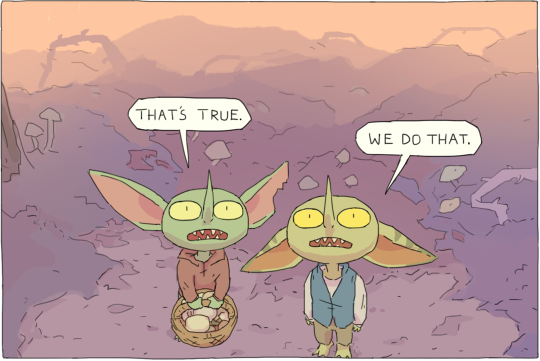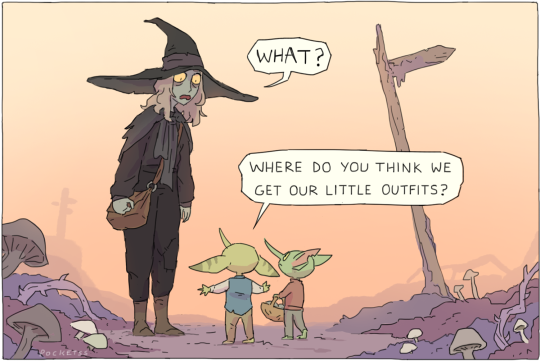Text
internet safety we were taught as kids: don't share ANY personal information with ANYONE EVER the british government: you don't want to give these random third parties your photo or driving licence showing your name, birthday, address and signature? are you perhaps a nonce?
30K notes
·
View notes
Text
10000 YEAR OLD ROCK ART OF GIRAFFES FOUND IN LIBYA LET'S GO
48K notes
·
View notes
Text
In the late 1970s a glowing orb appeared in the sky. Every day at about 5:00 Greenwich standard time, the orb would go somewhere new, shoot out something similar to a laser, and kill one person. Every day, always at the same time, always exactly one person.
The person killed by the orb seemed completely random, with almost fifty years of studying it we've been able to find no rhythm or reason to who it kills. It kills the old, the young, the rich, the poor, the urban, the rural, anyone. Every human on earth seems to have an equal chance of being killed by the orb. It's a headline the few times someone of note is killed by the orb: Britain famously lost a Parliament member to the orb, Brazil to this day remains the only country where a head of state was killed by the orb while in office, there was a short lived sitcom in the 1990s called Freinds that ended halfway through its first season due to the orb killing one of the main actors on set. However, these are outliers, on any given day the person who dies via orb is very likely to be someone you never heard of. There are billions of people on earth, and only one is killed by the orb every day. In almost fifty years only a little over 18000 have died because of the orb, which is nothing in the face of the sheer amount of humans that exist.
When the orb first appeared people were horrified. Both the US and USSR thought it was a weapon from the other side. Almost every religion made some claim of it being proof of their beliefs, oftentimes claiming it was divine punishment. Atheists claimed it was proof no loving God could exist. People were so very apocalyptic and horrified by it, they thought of it as part of the end times, because when it was new that's really how it looked.
However, it's been long enough so that's changed. Most people have lived their entire lives in a world where the orb exists. The orb isn't that scary a concept. People know their odds of being killed by it are low and that it's not going to end the world or anything. The orb has become normal, and we've accepted that the orb is just something that kills people the same way cancer, or heart attacks, or natrual disasters, or car crashes kill people. In the nineteen eighties there were efforts to find a way to stop the orb, but it's since proven to be extremely difficult, and it's as distant and nebulous as finding a cure for cancer. When a community is struck by the orb you'll see that community in mourning, but it's not a global thing anymore.
So people grow up learning about the orb, as part of science, like anything else. A lot of gen z remembers learning about the orb from Magic School Bus. It's just something normal. There are a few people with an orb hyperfixation, and a few cults that give the orb importance but it's not most people's concern. The orb is how we first confirmed that interdimensional objects existed and are possible. A lot of people theorize dimensional studies wouldn't exist without it, meaning without the orb we might not have thermitizers or grand drives, we might not even have a moon base without the orb. Some have even rather tastelessly claimed that the orb has saved more lives at this point that its taken with all the knowledge it's given us.
Which is why I regret to inform you, that just last week, without warning, the orb killed two people in one day. And for the past seven days it's been killing two people instead of just one. Nobody knows why.
11K notes
·
View notes
Text
Pay attention to the particulars of Mastercard's responses, because this a textbook example of how to create plausible deniability.
"Mastercard has not barred any legal transaction" is, technically, a true statement – because Mastercard is not the one processing the transactions in the first place. Mastercard does not deal directly with any merchant, and in fact typically refuses to communicate with merchants at all; there's always a payment processing service sitting in between Mastercard and the merchant, whether that's Stripe or Paypal or any of dozens of other service providers.
Consequently, there are two layers of service agreements in place: the agreement between Mastercard and the payment processing service, and the agreement between the payment processing service and the merchant. That second layer of service agreements, between the payment processing service and the merchant, is where all of these content restrictions are being imposed. Mastercard can thus truthfully claim that they aren't barring legal transactions.
Now, if you've been paying attention, you've probably already spotted the issue: if the content restrictions are being imposed upon the merchants by individual payment processing services and not by Mastercard, why do all of those payment processing services seem to have exactly the same content restrictions?
That's where the critical sleight of hand comes in: while Mastercard's own terms of service do not require payment processing services to bar transactions of particular types, their ToS does require payment processors to bar transactions which could be damaging to the Mastercard brand. What constitutes damage to the Mastercard brand is not defined; it means whatever Mastercard wants it to mean. The payment processing services are thus in a position where they can be held in breach of Mastercard's terms of service for basically any reason, which gives them a strong incentive not to test any boundaries.
And that's why Mastercard can truthfully say they have never barred any legal transaction: they're never the ones doing the blocking. The layer of payment processing services that sits between Mastercard and the merchants are enforcing those content restrictions, based on a series of unwritten handshake agreements between the payment processors and Mastercard regarding what does and does not constitute acceptable content – and because the particulars of those handshake agreements aren't in writing, Mastercard can assert that their terms of service do not compel payment processing services to bar any legal transaction and technically be telling the truth.
15K notes
·
View notes
Text



Today I learned 3D animation is a horror show outside the camera's field of view.
121K notes
·
View notes
Text
16K notes
·
View notes


